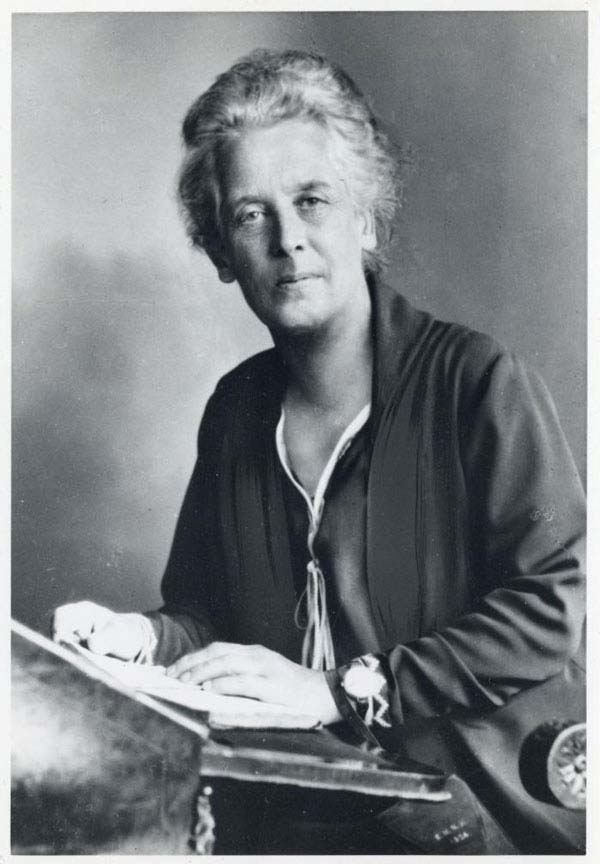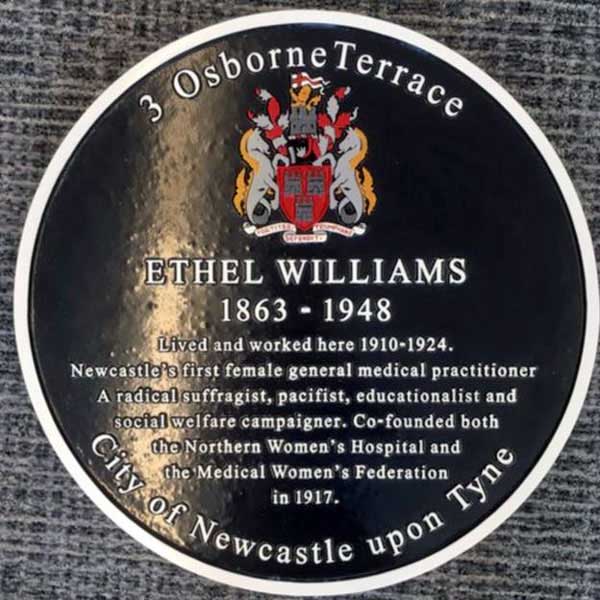
Members of the public are invited to comment on the Charity Commission’s proposed changes to Lord Armstrong’s Deed of Gift dated 1883 as it relates to the Banqueting Hall and Jesmond Dene Park.
The following announcement has been released by the JRA:
Urgent Update: The Banqueting Hall and the Charity Commission – The Armstrong and Hodgkin Charitable Trust
As the Jesmond Residents’ Association’s representative for matters relating to the Banqueting Hall and the Jesmond Dene Estate, I have responded to the charity Commission’s proposed changes to Lord Armstrong’s Deed of Gift dated 1883 as it relates to the Banqueting Hall and Jesmond Dene Park.

JRA concerns expressed
The Jesmond Residents’ Association has raised a strong objection highlighting a number of significant issues which must be taken into consideration before any changes are made.
In brief:
1. The poor quality of the consultation regarding the proposed changes by Newcastle City Council. This demonstrates a lack of fairness and openness, and unseemly and unnecessary haste.
It does not demonstrate or reflect the opinions of Jesmond residents or indeed the citizens of Newcastle.
2. The lack of clarity regarding the fate of the four endowment properties held within the Jesmond Dene estate.
The income generated from these properties is ring fenced for the management, upkeep and restoration of the Banqueting Hall as stated in Lord Armstrong’s Deed of Gift.
3. The actual intentions behind the proposed changes have not been made clear by Newcastle City Council or the new Newcastle Parks and Allotments Trust.
The use of Jesmond Dene and the function of the Banqueting Hall were clearly separated by Lord Armstrong’s Deed of Gift. This was for good reason and we do not know why this should be changed.
The Banqueting Hall as a “controlled ruin” is used by the Armstrong Studio Trust and it fulfils Lord Armstrong’s intentions with their outreach activities. Many activities take place within Jesmond Dene which again fulfil Lord Armstrong’s intentions within the Deed of Gift.
4. The current financial effectiveness of Lord Armstrong Deed of Gift is under review by Newcastle City Council which is appropriate. However, there are a number of ideas and proposals from interested parties regarding sourcing funds which should be discussed publicly and openly by Newcastle City Council and Newcastle Parks and Allotments Trust.
Your opportunity to comment
Comments or representations on these proposals can be made to the Charity Commission within one month of 01 June 2019 by completing the form of notice on
www.charitycommission.gov.uk/our-regulatory-work/how-to-comment-on-a-scheme/schemes-and-orders
The scheme number is 494310
I would strongly recommend that you make your voices heard and respond to the Charity Commission proposal. Eileen Strouzer
The above news story was issued by Jesmond Residents’ Association. It has been included here for information and does not necessarily represent the views of High West Jesmond Residents’ Association.


